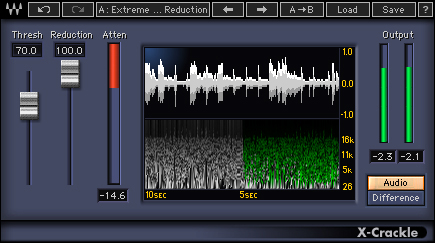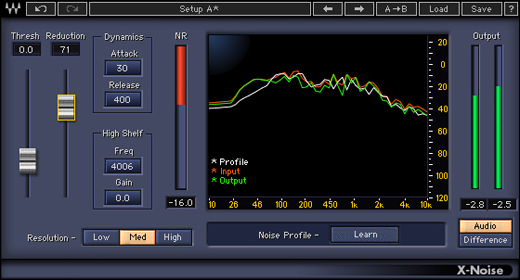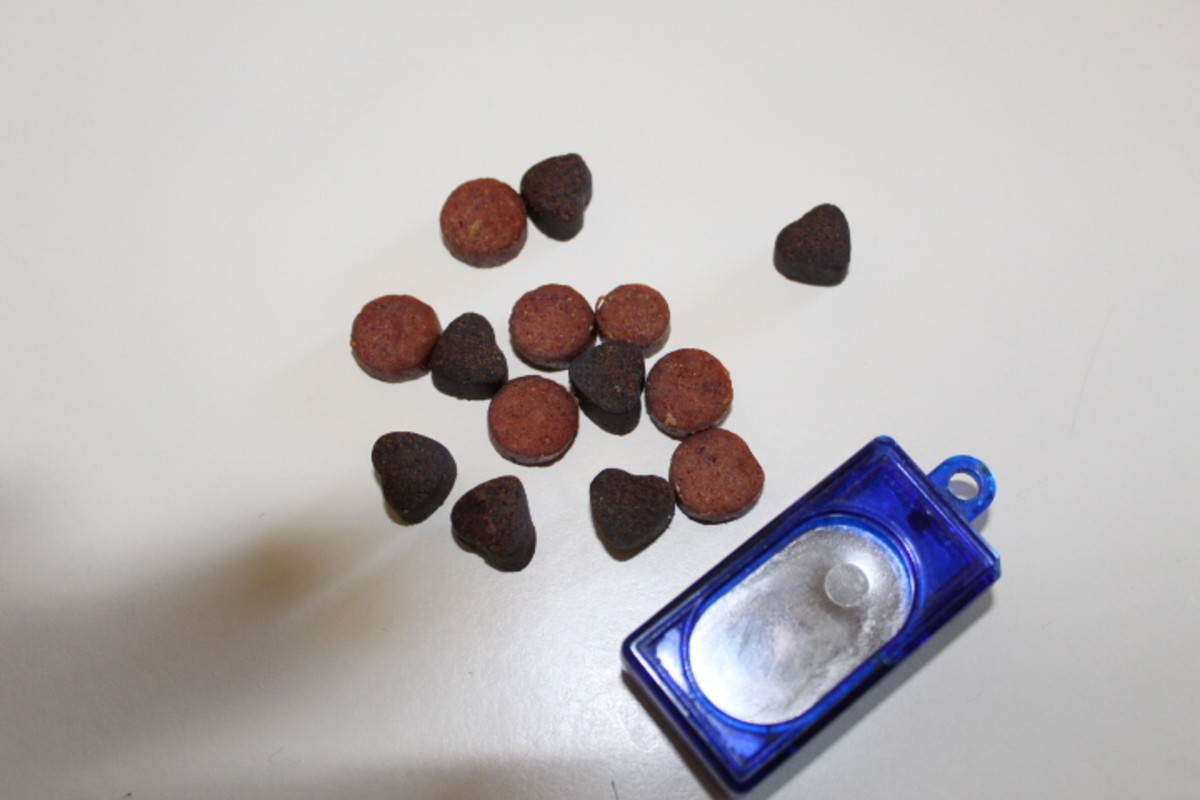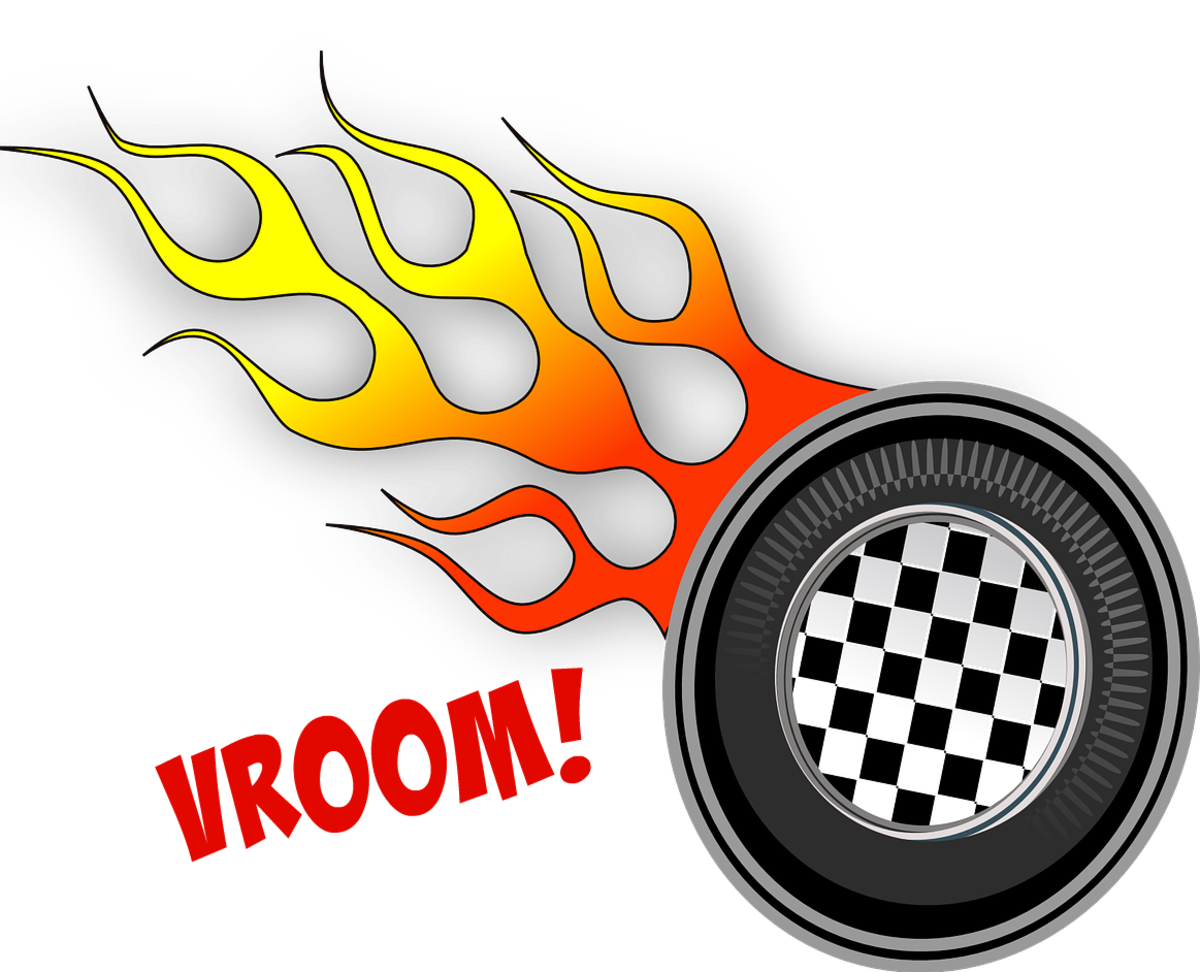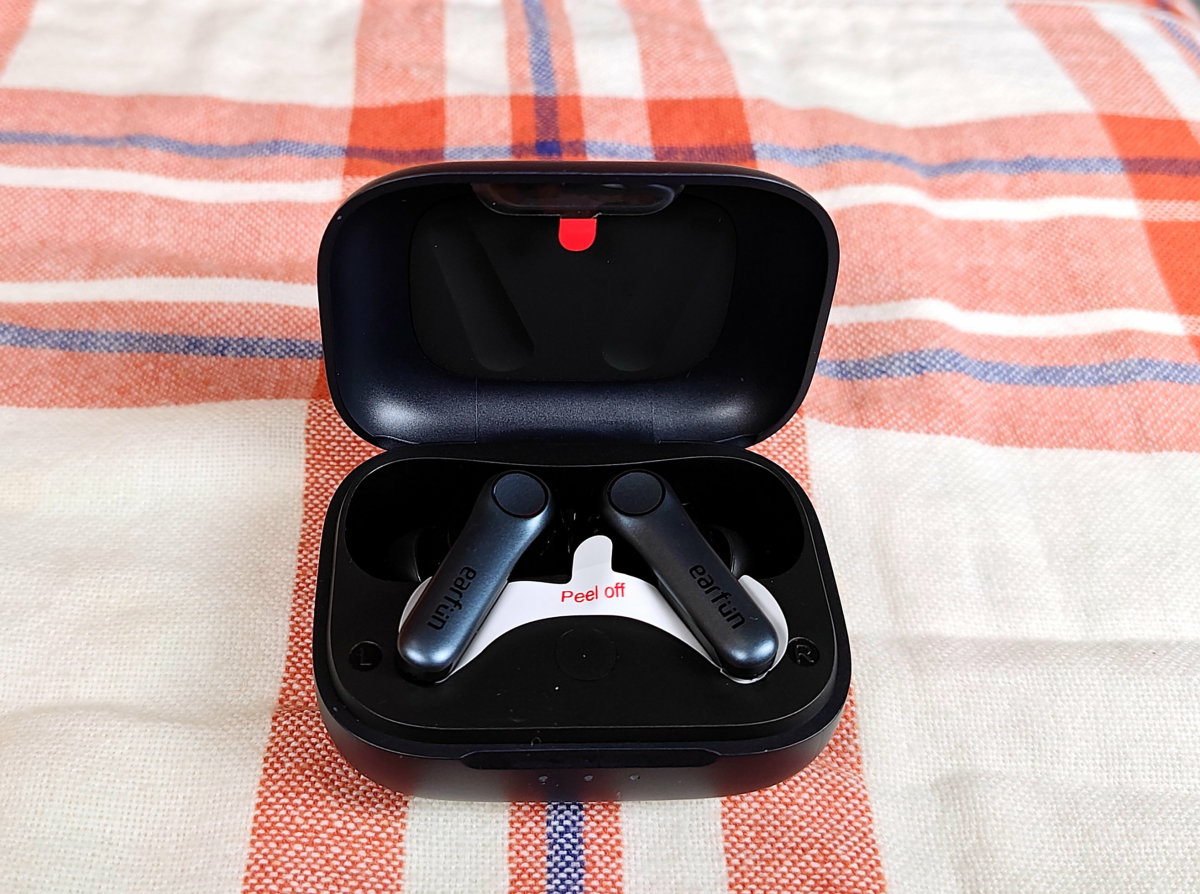How To Make Your Mixes Clean And in Turn Sound Much Better
The Answer
What I have found to work great for my home studio are Waves restoration
plugins (specifically the X-Noise and X-Crackle tools). These are two very
powerful tools in the quest of clean sounding mixes. In today's digital world
plugins have become the norm. Especially for home studios which are pretty
much always very budget limited. But with modern computers increasing power
and great plugin designers we now have some plugins that can give you incredible
results. At the same time you have much more flexibility than analog gear.
Waves has really shown that with their X-Noise and X-Crackle plugins. There
very intuitive really good at what they do. I use them on the master bus for every
song I mix. X-noise takes out all of the white noise I tend to get from all the plugins
and it can get rid of a lot of headphone bleed. It has a great adaptive mode that
actually adapts in real time to the noise floor of your music. For example your
playing the hook of a song and everything is really loud so the threshold would
be higher up to catch the noise. But then a quiet more intimate part of the song
comes up and in turn the level drops. If you were in regular mode the threshold
would still be high so the noise reduction would kick in full force on most (if not
all of the audio playing) and it will sound really bad. But with the adaptive mode
the threshold adapts to the level change in the song saving you from the nasty
artifacts. However the adaptive mode takes a lot more cpu to run than the regular
mode so if your cpu isn't fast enough to run it then another way to achieve this is
automation. You can enable write automation on X-Noise and adjust the threshold
yourself as the music lowers and raises giving you the same effect. Now X-Crackle
takes out just that, crackle, before using it my vocals used to sound really....nasty
specifically in words with a ch, s, etc. I tried using de-essers to fix the problem but
it didn't really work. Then one day I was looking through my list of plugins and saw
X-Crackle so I figured hey let me put that and see what happens. Just like that
problem solved, I was amazed when I heard the result. It makes the vocals sound
much cleaner and professional and it also gets rid of crackle that can happen in
the instrumental which can result from all the processing (especially if you don't have
a great cpu in your computer). I would recommend using the normal crackle
reduction preset as a starting point. Do not use the extreme crackle reduction preset.
Every time I tried that one it made the sibilance sound much worse. Also another thing
to take note of if you don't know already is its very important in which order you place
the plugins. For example its best to put X-Crackle before X-Noise. I would always do the
opposite until one day when I found out that wasn't correct and when I switched them
around I noticed a difference. Its not super big but definitely a difference and each bit
helps right?
Another way you can have cleaner mixes (specifically vocals) is by having a properly
treated vocal booth. Auralex has some great products I personally use their 2x2" wedges
and during the installation of them I could immediately tell the difference in acoustics with
just part of the total amount of pieces I ordered. I'm using my walk-in closet as my vocal
booth it's a decent size at approx. 4 feet long and 5 feet wide. Its not a great idea to use
something too small and cramped as 1. it makes your vocals sound......well cramped and
2. its just not comfortable. There's plenty of places that will help you with figuring out the
best kit or combination of acoustic foam pieces for your space (such as sweetwater.com).
You can tell them your room dimensions and they'll tell you what's best for you (a very
great resource for those starting out). Once you know what you need you can get to
making yourself a great vocal booth free from nasty reverberation, slap echos, etc.
Which makes for a much cleaner and easier to use vocal.
As you can see this is my first hub and I hope you really learned a lot of useful info
from it. I'm planning on doing much more please post your comments and questions and
follow me for more tips and tricks. Audio engineering is a great hobby/career. It isn't for
everyone though you need to have really great ears for it and you need to train yourself
to hear the most delicate subtleties. But after all the hard work it really pays off to hear
masterpieces you've sculpted.
P.S. For more detailed tutorials on how to use X-Noise and X-Crackle check out YouTube.
I've seen some great tutorials there that go into much more depth. Also if you have clicks
and pops in your music then X-Click is great for that.
